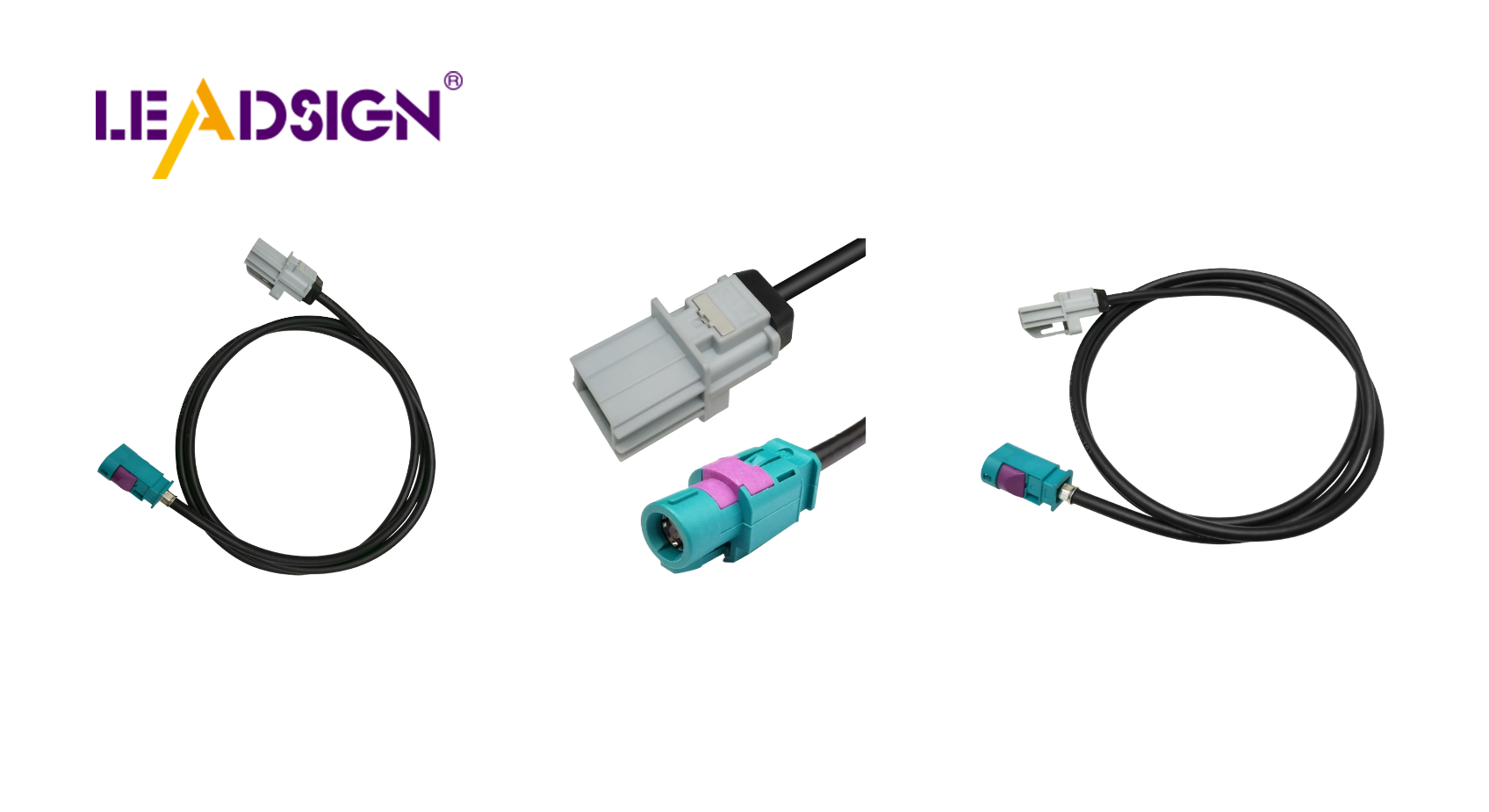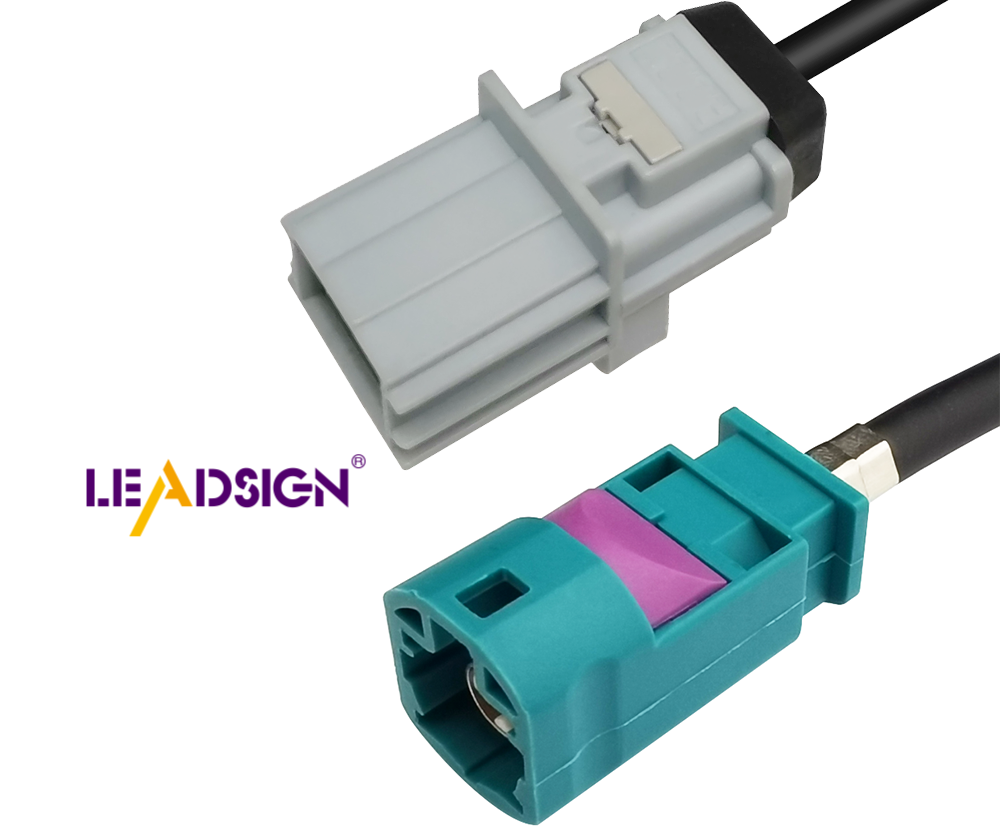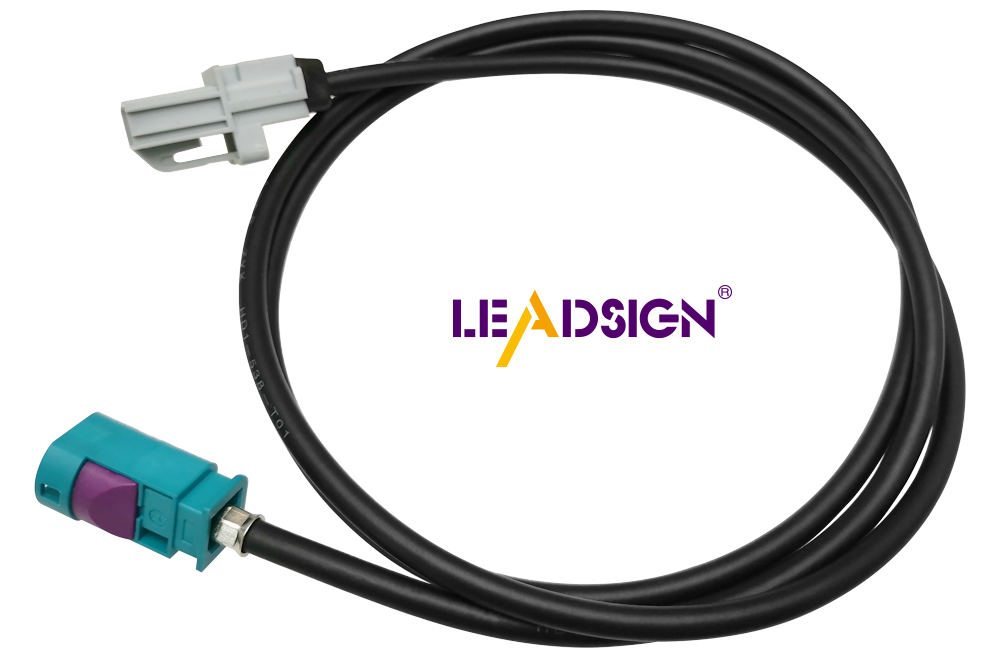In-Depth Guide to Wire Connectors Automotive Type

Wire connectors, including vehicle connectors, are crucial for cars. They ensure that car electrical systems operate efficiently and safely. Choosing the right connectors significantly impacts your vehicle's performance and safety. A solid connection prevents issues that could lead to costly repairs or accidents. Proper installation and maintenance are essential. Regular inspections and correct assembly reduce the likelihood of disconnections, which often lead to problems. Understanding these factors can enhance the longevity and reliability of your car's electrical systems.
Key Takeaways
Choose the right wire connectors based on your car's power needs to prevent overheating and damage.
Consider environmental factors like moisture and temperature when selecting connectors to ensure durability.
Always check for compatibility with your car's wiring to avoid connection issues and potential hazards.
Follow manufacturer recommendations for connector types to maintain safety and performance.
Proper installation is crucial; use the right tools and techniques to ensure strong, lasting connections.
Regularly inspect and clean connectors to extend their lifespan and prevent electrical problems.
Replace any damaged connectors immediately to avoid safety risks and maintain your vehicle's electrical integrity.
Understanding Automotive Wire Connectors

In cars, knowing wire connectors is important. They help car electrical systems work well and safely. Let's look at different wire connectors and what they do.
Types of Wire Connectors
Butt Connectors
Butt connectors join two wires together. They make sure electricity flows smoothly. Use them to fix or extend wires.
Ring Terminals
Ring terminals connect wires to a bolt or screw. They are good for grounding wires. Slide the ring on a bolt and tighten it with a nut.
Spade Terminals
Spade terminals are like ring ones but open-ended. This makes it easy to connect or disconnect from screws quickly.
Bullet Connectors
Bullet connectors snap together tightly. They are great when you need to often connect or disconnect wires without them falling apart.
Quick Disconnects
Quick disconnects let you attach and remove wires fast. They're used in cars where speed is needed.
Functions and Benefits
Ensuring Secure Connections
Wire connectors keep connections tight in your car. This stops loose wires that can cause problems or fires.
Facilitating Easy Repairs and Modifications
With good connectors, fixing or changing your car's wiring is easy. You can upgrade parts without redoing all the wiring.
Protecting Against Environmental Factors
Car wire connectors handle tough conditions like moisture and heat. They keep your car’s electrical system working well for longer.
Knowing these connector types helps improve your car’s safety and performance by making sure everything runs smoothly.
Picking the Right Car Connectors
Choosing the right car connectors is very important. It helps your car's electrical parts work well. You need to think about a few things before picking.
Things to Think About
Power Needs
First, check how much power your car needs. Different connectors can handle different amounts of electricity. Make sure the ones you pick can take the power without getting too hot or breaking. This stops damage to your car's parts.
Weather Conditions
Next, think about the weather your car will face. Connectors should handle bad weather, wetness, and temperature changes. Choose ones that resist water and are strong. This keeps your car's electrical parts safe from weather harm.
Connector Material Strength
The material of connectors matters a lot for how long they last and work well. Pick connectors made from good materials that don't rust or wear out fast. Strong connectors mean fewer replacements needed over time.
Mistakes People Make
Forgetting Compatibility
A common mistake is forgetting if connectors fit well with your car’s wires and systems. Wrong ones can cause bad connections and problems later. Always check if they fit before buying.
Ignoring Maker Advice
Another mistake is not following what makers suggest. Makers give advice on which connectors suit their cars best. Following this advice makes sure everything works safely and well. Not doing so might lead to problems with electricity in your car.
By thinking about these things and avoiding mistakes, you can choose the best car connectors for better performance and safety.
Installation and Maintenance Best Practices

Installing and taking care of vehicle connectors keeps your car's electrical parts working well. By doing things the right way, you can make connectors last longer and stop problems before they start.
How to Install Properly
Putting in vehicle connectors right is key for them to work well. Here's how you do it:
Tools You Need
To put in connectors, get these tools ready:
Wire cutters
Crimp tool
Heat gun or lighter (for shrinking tubes)
Screwdrivers
Multimeter (to test connections)
Having these tools makes the job easier and faster.
Steps to Install
Get Wires Ready: Cut off the plastic cover from wire ends with wire cutters. Make sure enough wire shows for a good hold.
Pick the Right Connector: Choose the connector that fits your need. It should match the wire size and job.
Crimp the Connector: Put the bare wire into the connector. Use a crimp tool to keep it tight. A good crimp means a strong hold.
Use Heat Shrink Tubing: Slide tubing over where wires join. Use heat to shrink it, giving protection from weather.
Check Connection: Test with a multimeter to see if it's connected right without breaks.
Doing these steps gives you a strong connection that lasts.
Tips for Taking Care
Regular check-ups keep your connectors in great shape. Here’s how:
Check and Clean Often
Look at your connectors often for wear or damage signs. Clean them with cleaner spray to get rid of dirt. Cleaning stops problems and helps them last longer.
Find and Change Bad Connectors
Find bad ones by looking for loose wires or damage you can see. Change broken ones right away because bad ones can cause electric problems or danger.
By following these install and care tips, your vehicle connectors will work well, making your car safer and better.
Choosing the right wire connectors for your car is important. Each connector type has special uses and benefits. Installing them properly and checking them often keeps them working well and safe. Make sure to prepare wire ends correctly and look at terminals regularly. This lowers the chance of problems with your car's electrical parts. Insulated terminals are best for tough conditions because they last long and work well. To learn more, check out resources on car electrical systems and connector types. These tips will help you make smart choices, making your car safer and better.
See Also
Understanding Ford Fakra Connectors: A Comprehensive Overview
Fundamentals of HSD Connectors for Automotive Applications
Significance of FAKRA Connectors in Vehicle Systems

